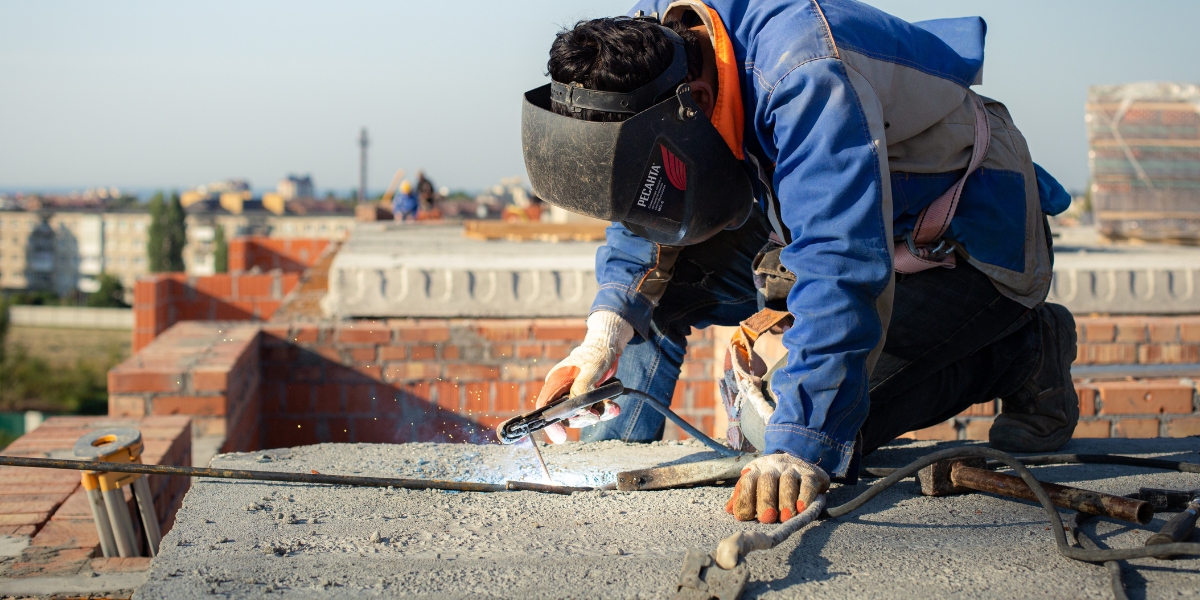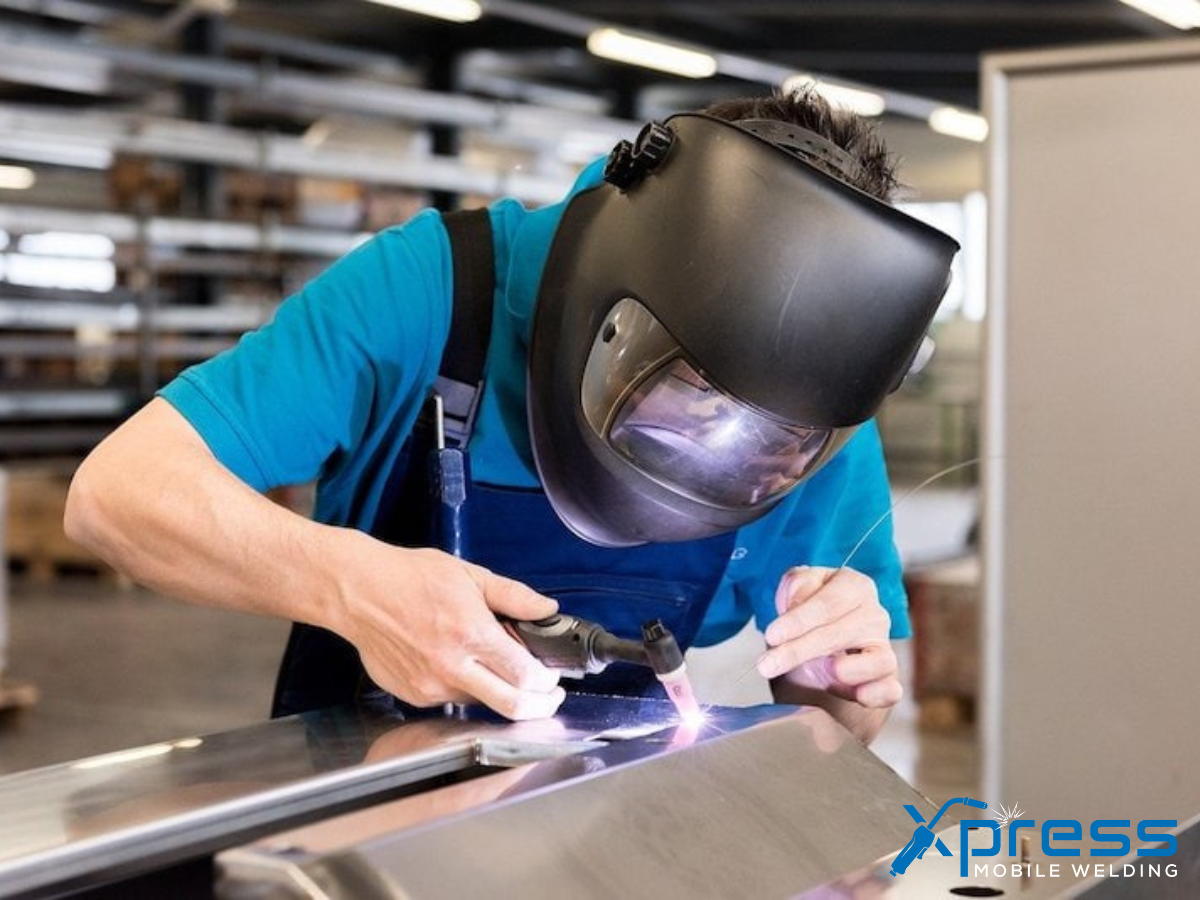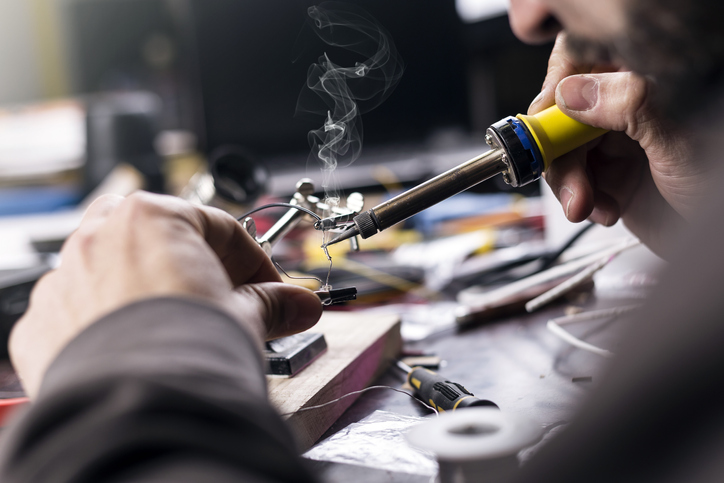
Custom Metal Fabrication: Choosing the Right Tools for the Job
Introduction
In the world of metalworking, custom metal fabrication stands out as a critical process that allows for the creation of unique and functional metal structures. Whether you're a hobbyist or a professional, understanding how to choose the right tools for your custom metal fabrication projects is essential. With numerous options available, it can be overwhelming to determine which tools best suit your needs, especially when considering factors like material type, project complexity, and desired finish. This article will guide you through the myriad of choices you face in custom metal fabrication while providing welding tips and insights into aluminum welding techniques.
Custom Metal Fabrication: Choosing the Right Tools for the Job
Custom metal fabrication involves shaping raw materials into specific forms that meet particular project requirements. To achieve excellent results in this field, selecting appropriate tools is paramount. The right tools not only enhance quality but also contribute to efficiency during fabrication processes.
Understanding Metal Types and Their Applications
Different Metals Used in Custom Fabrication
When diving into custom metal fabrication, it's crucial to familiarize yourself with various metals. Each offers distinct properties that affect both functionality and aesthetic appeal. Here are some common metals used:
Choosing Between Ferrous and Non-Ferrous Metals
Understanding whether to work with ferrous (containing iron) or non-ferrous metals (not containing iron) is fundamental in custom Xpress Mobile Welding Phoenix A1 Garage Doors Gold Coast metal fabrication. Ferrous metals typically exhibit better tensile strength but may rust if not properly treated. Non-ferrous metals provide various advantages such as lower weight and higher corrosion resistance.
Essential Tools for Custom Metal Fabrication
Cutting Tools: Making Precise Cuts
Making precise cuts is vital in achieving high-quality custom metal fabrications. Here are some indispensable cutting tools you should consider:

- Angle Grinders: Versatile tools equipped with abrasive discs suitable for grinding, cutting, and polishing.
- Band Saws: Excellent for curvilinear cuts; they offer smooth finishes on various metals.
- Plasma Cutters: Ideal for intricate designs; these machines use plasma to cut through thick sheets effortlessly.
Welding Equipment: Joining Metals Effectively
Welding is an integral part of custom metal fabrication, enabling you to join two or more pieces together seamlessly. Understanding different welding techniques helps you choose the right equipment:
- MIG Welders (Metal Inert Gas): Easy to use, especially for beginners; perfect for aluminum welding.
- TIG Welders (Tungsten Inert Gas): Provide high-quality welds; great for thin materials requiring precision.
- Stick Welders: Suitable for outdoor projects due to their versatility and convenience.
Advanced Tools and Techniques in Custom Metal Fabrication
CNC Machines: Precision at Its Best
Computer Numerical Control (CNC) machines have revolutionized custom metal fabrication by offering unmatched precision and repeatability. These machines allow operators to create complex shapes without manual intervention.
Water Jet Cutters vs. Laser Cutters
Both water jet cutters and laser cutters serve similar functions but operate differently:

- Water Jet Cutters utilize high-pressure water mixed with abrasives to cut through materials without heat distortion.
- Laser Cutters, on the other hand, use focused light beams; they're known for their speed and accuracy but may not be suitable for all materials.
Safety Considerations When Working with Metal Fabrication Tools
No workshop is complete without proper safety measures in place! Here are some essential safety considerations:
Maintenance Tips to Extend Tool Lifespan
Taking care of your tools extends their lifespan significantly! Here’s how:
- Regularly clean tools after use to remove debris buildup.
- Store them properly in a dry environment away from moisture.
- Check periodically for any signs of wear or damage.
FAQs
1. What is custom metal fabrication?
Custom metal fabrication refers to the process of creating unique metal structures tailored specifically to meet individual project specifications by cutting, bending, welding, or assembling raw materials.
2. What types of welding techniques are best suited for aluminum?
MIG welding is often recommended due to its ease of use when working with aluminum materials while TIG welding provides greater control over heat input which can be beneficial depending on the thickness of the aluminum being welded.
3. How do I maintain my welding equipment effectively?
Regular cleaning after each use ensures that your equipment remains free from contaminants while periodic inspections help identify potential issues before they result in failures during operation.
4. Can I use standard steel tools on stainless steel?
Standard steel tools can be used on stainless steel but expect more wear over time due to increased toughness—consider investing specifically designed blades or bits meant explicitly for stainless applications if working frequently with it!
5. What safety precautions should I take during metalworking?
Always wear appropriate personal protective equipment including gloves and goggles; ensure good ventilation when using chemicals like solvents or paints involved in finishing processes too!
6. Is it possible to fabricate complex designs using CNC machinery?
Absolutely! CNC machinery allows users incredible freedom regarding designing complex patterns—just remember programming them accurately requires skillful knowledge!
Conclusion
Choosing the right tools in custom metal fabrication is not merely about having state-of-the-art equipment at your disposal—it's about understanding how each tool functions within your workflow while meeting specific project needs! By exploring various aspects—from material selection down through advanced machining techniques—you'll find that mastering these elements combined leads towards successful outcomes every time!
So whether you're embarking upon a new project at home or refining skills professionally—equipping yourself appropriately ensures quality craftsmanship shines through every piece produced! With detailed planning ahead combined with expert advice discussed here today—you’re now well-prepared tackle any challenge presented within realm custom-metal-fabrication!